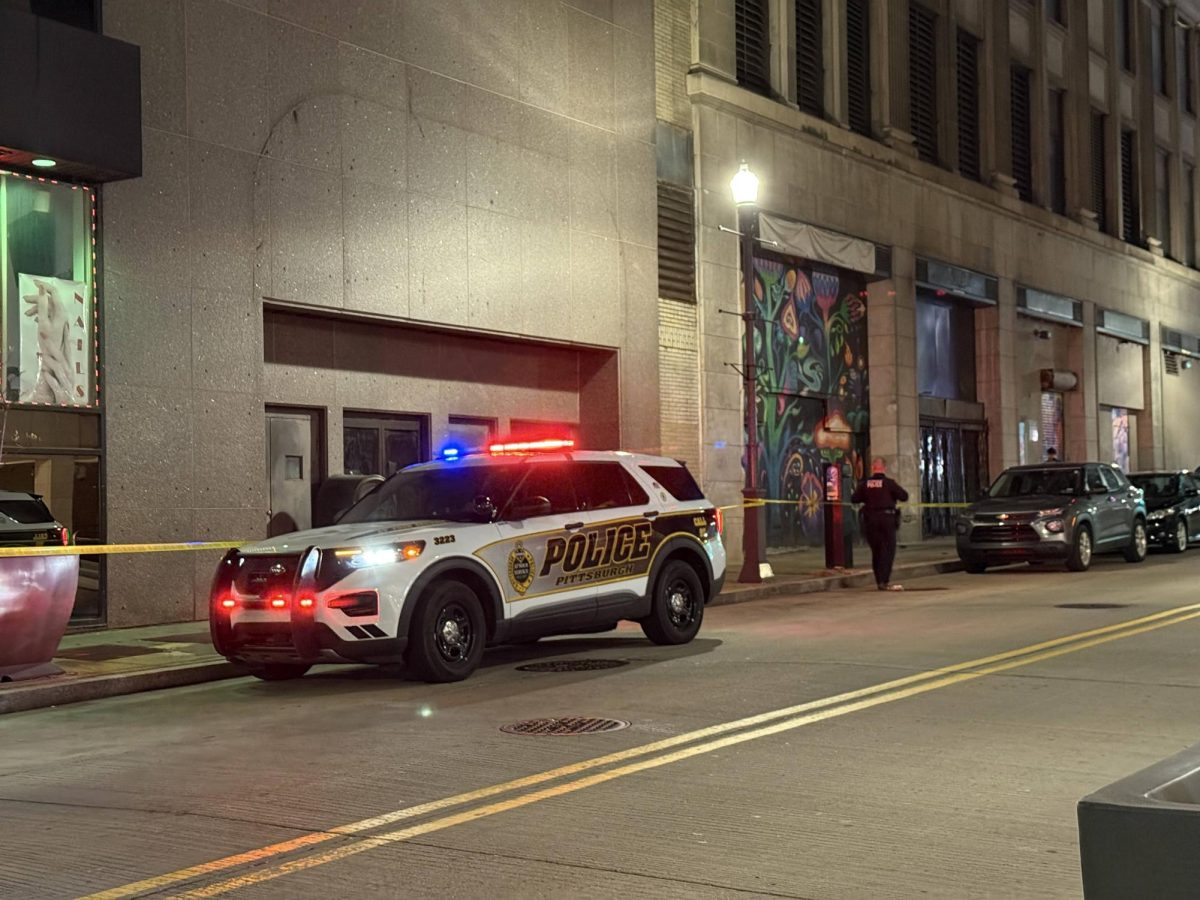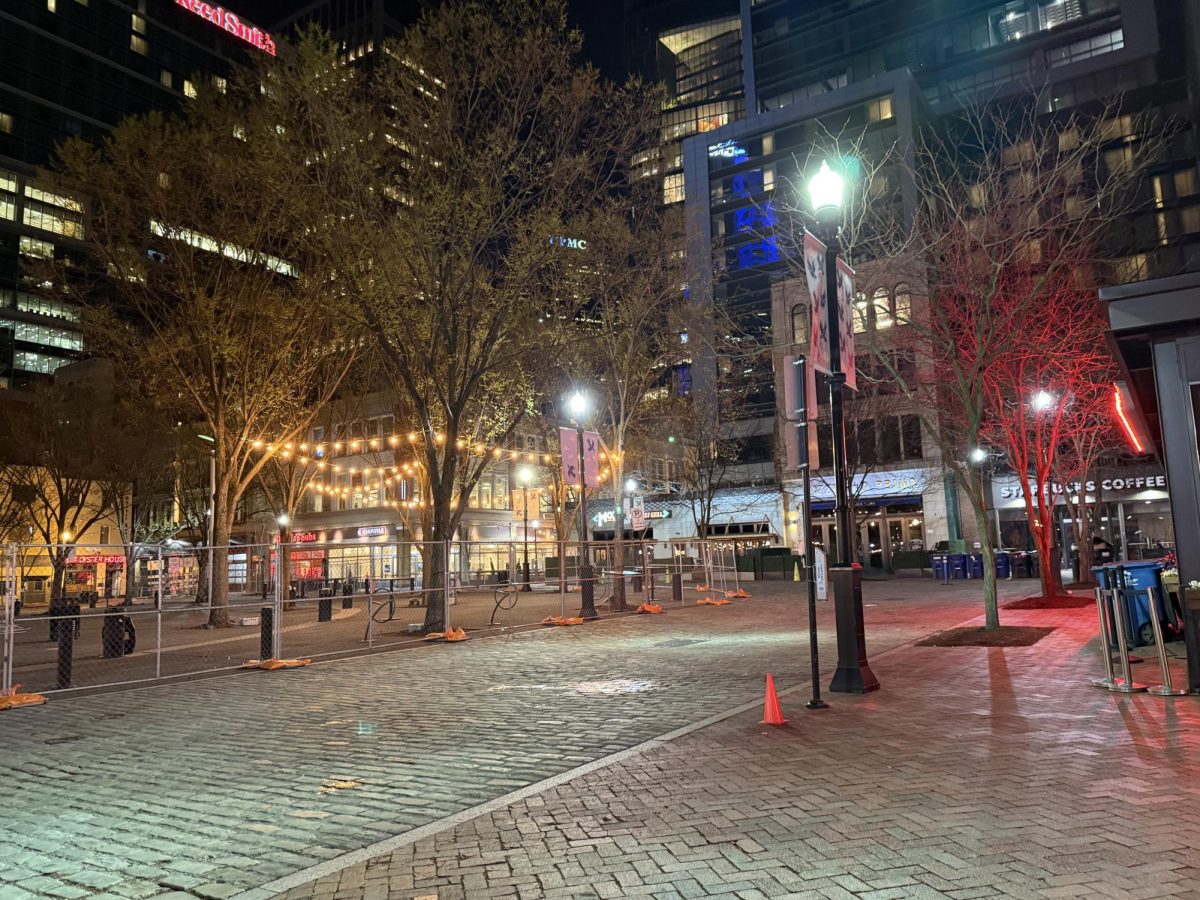
An advisor to Point Park’s United Student Government (USG) presented an analysis of strengths, weakness, opportunities and threats during Monday’s meeting.
Student Activities Involvement and Leadership (SAIL) intern Andre Roberts found in his analysis that USG’s greatest strengths were its enthusiasm and relationships with its constituents. Roberts found that USG’s most glaring weakness is the low number of members, which currently stands at 10 senators. It was recommended by Roberts that USG increases to 35 to 40 members.
“I don’t think you do an effective job of communicating what you do, to the student body,” Roberts told USG at the meeting, reminding the delegates they all get a portion of the student activity fee.
Additionally, he said he feels as though some members of the executive cabinet bear too many responsibilities, noting the group’s insufficient membership and an imbalance between the number of inexperienced delegates to experienced ones as causes.
Lastly, Roberts lamented USG’s inability to take constructive criticism leads to the lack of involvement and a negative persona.
“You have to be able to take, evaluate, and analyze feedback and take action based on that,” Roberts told USG.
Roberts urged the executive cabinet to increase communication with the SAIL office and emphasized that USG members to develop professionally through conferences, seminars and webinars.
Roberts cited the lack of evaluations and feedback as a struggle for Point Park’s clubs and organizations. He encouraged USG to conduct written evaluations to prove what courses of action are effective and what kind of activities and programs students like.
“The only way this can work here is if you have more people in your delegation,” Roberts said, referencing the small number of senators in USG.
Present at the meeting, Dean of Student Affairs Keith Paylo thinks USG had a successful year.
“I think that they succeeded in their charge to relate to student organizations more and to know student organizations more,” Paylo said. “On purpose, they wanted to remain a small group that could make a difference.”







